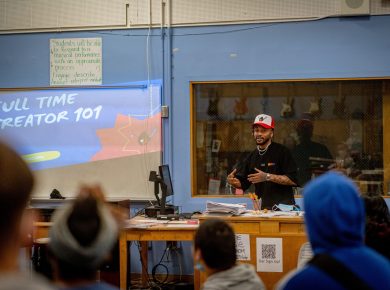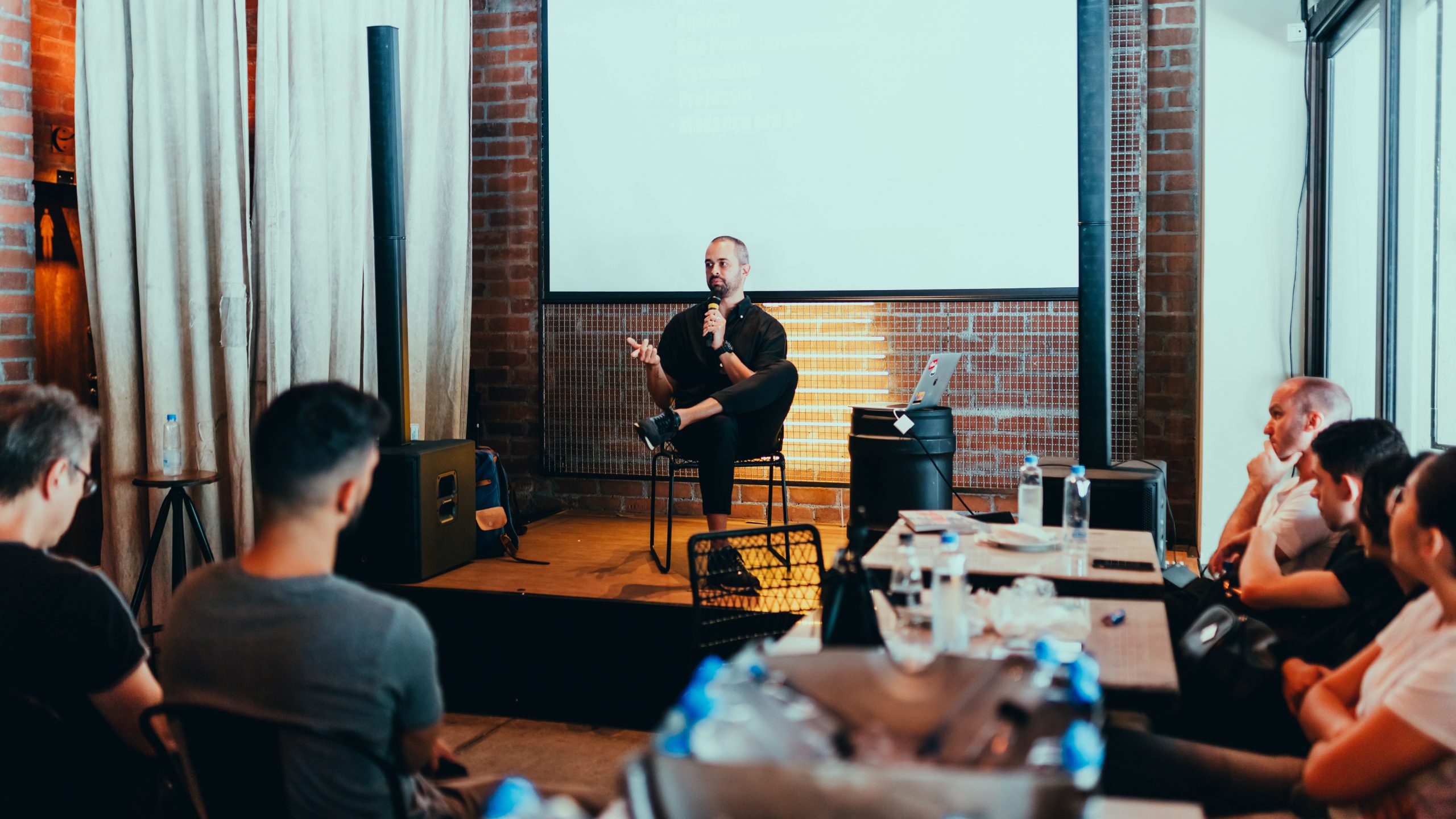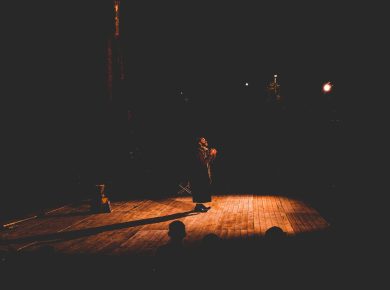Research Grants Administration ordinarily should be a simple exercise. However, in practice, it can be difficult, frustrating, winding, and unpleasant.
In most cases, a researcher will enjoyment of the processes involved in research work will depend on the extent to which he has planned the research, understood and completed the documentation required, and as the research work progresses, how he has monitored the administration of the grants.
Preliminary Matters in Grant Administration
The Grants Contracts
Most grant administration exercises start with a contract between the grantor and the Grantee. This is usually summarised in a document known as “The Memorandum of Understanding”(MOU).
This document is expected to detail the rights, privileges, duties and responsibilities of the parties in the contract. On many occasions, the grantor dictates the tune, leaving the very small room, if any, to the grantee to manoeuvre.
In the document, the grantor normally indicates the grant number, how grant funds would be released and kept, the format of the accounting report, the regularity of returns, how to deal with assets purchased, the amount and rate of honorarium allowed, etc. It will also include the responsibilities of the grantee’s institution and those of its principal officers.

Indeed, grants are awarded to grantees because of their institutions and not necessarily for personal recognition. This document is so critical to the remaining aspects of grants administration that it should be read well and understood before it is signed. Once signed, all the terms, conditions, clauses and other small print in it become binding on the parties.
The Grant Number
Once a Memorandum of Understanding is signed, a Grant Number in the grantee’s institution is created. This identity number will be used to distinguish the grant from others in the university, even from other grants by the grantor to the same researcher.
This number is expected to be quoted on all documents, references, etc. relating to the grant throughout its lifetime. It is important, therefore, that the numbers be so distinct and easy to remember to avoid any confusion.
Execution Plan
To complete the preliminary stage, the grantee needs to draw up an execution plan showing how the research work will be carried out, what could be done per period/phase, and how each phase/plan interacts and coagulates to concretise into the realisation/execution of the whole project.
The Grant Administration Process
Budget Preparation
Every grant administration exercise should start with a budget for the whole grant and, where applicable, a budget for each phase of it or according to the pattern of funding expected from the grantor/donor agency.
The budget must state in clear terms what is to be done at each level. The budget must be achievable, practicable, and easily understood. Expenditures should be planned to coincide with the amount to be available at each stage.
Hence, there should be no expenditure commitment in year one for money expected to be received in year two. The budget must be detailed. Copies of the budget should be deposited with the various units involved in the administration of the grant.
Funds Management
Funds management involves following the release of funds from the grantor to know how much was released at certain times. This enables the grantee/researcher to plan early disbursement of the funds budgeted and conduct other activities according to schedule.
It also involves determining when funds will be needed for certain activities and making the request for funds well ahead of time to avoid rush and disappointments. The documentation required for the disbursement of funds must be completed. Necessary quotations, invoices, etc., should be attached to requests for funds. The researcher also needs to familiarise him/herself with the processing procedures and routes for processing requests. This will enable questions to be raised at the appropriate quarters.
Fund Management
Funds management will also include rendering returns on Cash Advances on time. It should be noted that advances are usually given for items needed urgently or for which Local Purchase Orders cannot be processed honorarium, or items that cannot be processed under impress.
Hence, once funds are released, the retirement of advances should take place within a few weeks. Enough attention should be paid to this, as many donors who come to check our books have always frowned at the length of time it takes to retire our advances.
An important part of fund management is the use of correct codes/grant numbers/votes on documents. As earlier mentioned, confusion between grants by several donor agencies or between several grants from the same donor needs to be avoided. Once the codes or votes used are correct, an easy compilation of returns or reports to donors is facilitated.
Reporting to the Donors
Donors normally want periodic reports on their endowments. They need a narrative (technical) report and a financial report. The narrative report will provide information on the essence of the grant, i.e. progress of the research work, findings, new areas requiring investigations, benefits of findings so far, and areas left to be investigated.
The financial report will provide data on the amount received from the donor, disbursements to date, any balance left(if any), the next tranche being expected, the extent of performance of the budget and any variations between the budget and actual spending.
The Reports
These two reports are very important as they determine to what extent the donor would be willing to continue his relationship with the donee, either in respect of that grant or in respect of others’ future. The narrative should answer its name-“narrate all that has happened and discoveries” while the financial should also report the degree of compliance of actual activities with a budget.
Many grantors have been displeased with either non-rendition of returns, false returns, or late returns. This is quite understandable. Researchers, therefore, need to render returns that will assist them to retain their good name with their grantors. It is also important that, should the grantor need an independent audit of the grant, all papers, vouchers, and records must tally with the returns, with the objective of the grant seen to be in focus at every stage of the research. Report writing itself is as important as any other part of their research work and should therefore be given the deserved attention.
Common Problems Experienced in Grant Administration
The problems normally experienced with grant administration are many. Some of the problems are unavoidable, but many are usually avoidable.
The common ones are listed:
- Lack of understanding of the memorandum of understanding;
- Internet ambivalence of the research proposal
- Lack of a practicable work plan;
- Improper budgeting;
- Late requests for funds;
- Non-retirement of cash advances;
- Working outside the budget;
- Rendition of late, false, or incomprehensible returns
- Non-compliance with conditions in the Memorandum of Understanding;
- Carefree attitude to the requirements of the donor, Bursary,1)Audit, etc..
- Lack of originality of research work, plagiarism, false claims, etc., and
- Personalising findings, assets, and other resources of research grants.
Action Taken
The list is endless. As a result of the fact that adequate attention is usually not given to these problems, many researchers have run into difficulties with their sponsors and, in the process, dragged the name of their employer institution into the mud. Usually, once a grant is mismanaged by somebody in an institution, the whole institution suffers. In recent times, grantors, foundations, etc. Keep open lines of communication, and as a result, it has become important to keenly observe the rules; otherwise, the displeasure of one grantor can instantly draw negative impressions from other grantor establishments/individuals.
Possible Solutions and Recommendations
It is not enough to identify the problems without any attempt to suggest solutions. Some of the ars in which the problems identified above could be avoided or solved will include:
- A clear understanding of the research proposal and the memorandum of Understanding;
- Preparation of a workable plan with the guidance of colleagues;
- Familiarisation with financial regulations and making inquiries from the relevant authorities when in doubt;
- General education of the populace about proposal writing, research execution, etc.
- Organisation of regular workshops/seminars for young faculty members;
- Making requests for funds in time to avoid delays and frustrations;
- Retirement of Cash Advances within the stipulated time;
- Findings, assets and other resources of grants should be freely available to others in the university. This will ensure synergy in the use of resources.
- General transparency in the management of research grants.
- Regular checks on all research work going on in the university by a unit/body created for such a purpose to review the progress of individual grants.
- Young faculty members should be assisted in research grant proposal writing and management.
- Efforts should be made by all to make grants administration a more rewarding, interesting and trouble-free exercise.
Summary
From all the above, it is clear that grants administration, an exercise that could be assumed to be menial, is a very important one and should be given due attention.
While it can be very interesting if adequate care is taken, it can also be very frustrating once mistakes are made. Sometimes, irreparable damage is done to the integrity of either of the parties to a grant simply because of a misunderstanding about the roles expected to be performed by the various parties.
Conclusion
Grant administration is not an exercise for the researcher alone. Neither is it for the Grants Section of the Bursary alone. Each unit in the university with inputs into the running of grants must play its role efficiently.
Given the dwindling resources from the government for research purposes, universities will for a long time have to rely on external grants and donations.
The extent to which a university will attract research grants will depend on the extent to which it has a good relationship with the outside world, locally or internationally.
This workshop, therefore, should not be a one-off exercise. It should be repeated to assist staff who missed this one, as well as new and young faculty members who will need to source research grants and must administer them well in the years ahead. Read related posts on our research page of the site.










